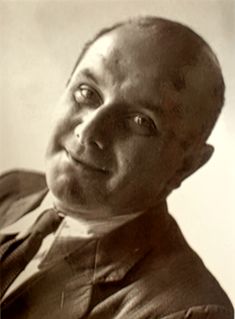A Quote by Miles Kington
So far as good writing goes, the use of the exclamation mark is a sign of failure. It is the literary equivalent of a man holding up a card reading LAUGHTER to a studio audience.
Related Quotes
There is laughter that goes so far as to lose all touch with its motive, and to exist only, grossly, in itself. This is laughter at its best. A man to whom such laughter has often been granted may happen to die in a work-house. No matter. I will not admit that he has failed in life. Another man, who has never laughed thus, may be buried in Westminster Abbey, leaving more than a million pounds overhead. What then? I regard him as a failure.
I actually dislike, more than many people, working through literary allusion. I just feel that there's something a bit snobbish or elitist about that. I don't like it as a reader, when I'm reading something. It's not just the elitism of it; it jolts me out of the mode in which I'm reading. I've immersed myself in the world and then when the light goes on I'm supposed to be making some kind of literary comparison to another text. I find I'm pulled out of my kind of fictional world, I'm asked to use my brain in a different kind of way. I don't like that.
Good writing is good writing. In many ways, it’s the audience and their expectations that define a genre. A reader of literary fiction expects the writing to illuminate the human condition, some aspect of our world and our role in it. A reader of genre fiction likes that, too, as long as it doesn’t get in the way of the story.
Writing, or at least good writing, is an outgrowth of that urge to use language to communicate complex ideas and experiences between people. And that's true whether you're reading Shakespeare or bad vampire fiction-reading is always an act of empathy. It's always an imagining of what it's like to be someone else.
THE WRITER can get free of his writing only by using it, that is, by reading oneself. As if the aim of writing were to use what is already written as a launching pad for reading the writing to come. Moreover, what he has written is read in the process, hence constantly modified by his reading. The book is an unbearable totality. I write against a background of facets.
The Great Depression was not a sign of the failure of monetary policy or a result of the failure of the market system as was widely interpreted. It was instead a consequence of a very serious government failure, in particular a failure in the monetary authorities to do what they'd initially been set up to do.

































